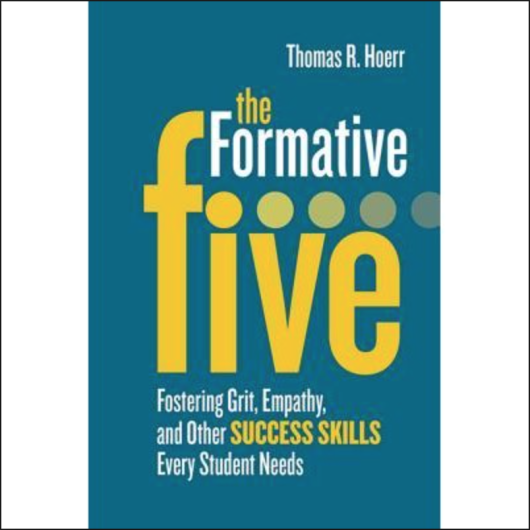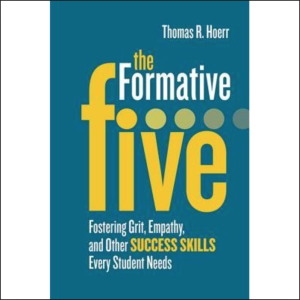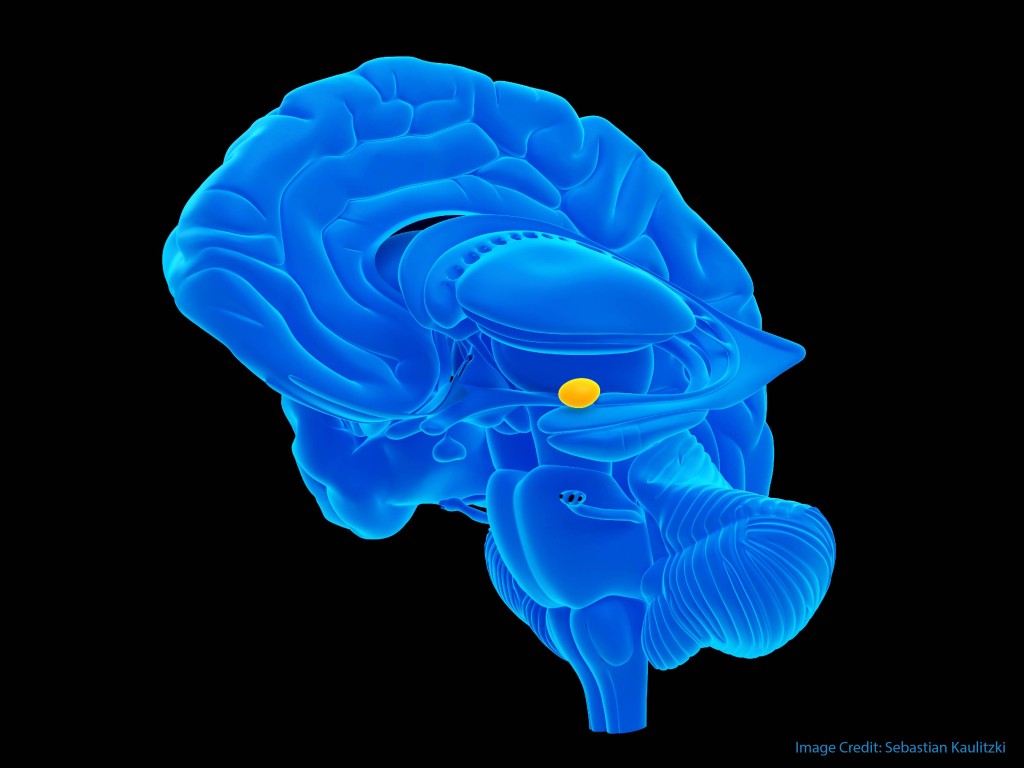MEDIA ADVISORY
January 30, 2017
Contact: Kristin Dunay
(781)-449-4010 x 104
THE SCIENCE OF HOW WE LEARN: ENGAGING MEMORY, MOTIVATION, MINDSETS, MAKING AND MASTERY
| WHAT: | Next month, a distinguished group of cognitive scientists, psychologists and innovative educators will gather before a sold out audience of 2,000 educators at the Learning & the Brain® Conference in San Francisco, CA, to explore the latest research on the most effective instructional strategies and feedback; ways to improve student motivation, mindsets, and content mastery; the benefits of makerspaces, design thinking, hands-on exploration, and active student-directed inquiry on learning; and the effects of praise on achievement. | |
| SPONSORS: | The program is co-sponsored by several organizations including the Graduate School of Education at Stanford University, both the Greater Good Science Center and the Building Blocks of Cognition Laboratory at the University of California, Berkeley, the Laboratory of Educational NeuroScience at the University of California, San Francisco, The Neuroscience Research Institute at the University of California, Santa Barbara, the Mind, Brain and Education Program at Harvard Graduate School of Education, the Comer School Development Program at the Yale University School of Medicine, The Dana Foundation’s Dana Alliance for Brain Initiatives, Edutopia and The George Lucas Educational Foundation, the Learning & the Brain Foundation and both national associations of elementary and secondary school principals. The event is produced by Public Information Resources, Inc. | |
| FACULTY: | Renowned Researcher John A.C. Hattie, PhD, will present “A Meta-Synthesis on the Science of How We Learn” during a keynote on Friday, February 17. Dr. Hattie, co-author of Visible Learning Into Action (2015) and Visible Learning and the Science of How We Learn (2014) will outline a synthesis of meta-analyses relating to how people learn and show the differential effects of learning strategies on difference parts of the learning cycle. Dr. Hattie is the Director of Melbourne Education Research Institute at the University of Melbourne, Co-Director of the Science of Learning Research Centre. Daniel L. Schwartz, PhD, Dean of the Stanford Graduate School of Education; Professor of Educational Technology; Director, AAALab, Stanford University; Co-Author, The ABCs of How We Learn: 26 Scientifically Proven Approaches, How They Work, and When to Use Them (2016) and “How to Build Educational Neuroscience (2012, British Journal of Educational Psychology Roberta M. Golinkoff, PhD, Unidel H. Rodney Sharp Chair and Professor of Education, School of Education; Professor, Departments of Psychology, Linguistics and Cognitive Science, University of Delaware; Associate Editor, Child Development; Co-Author, Becoming Brilliant: What Science Tells Us About Raising Successful Children (2016) and Play = Learning (2009) Daniel Ansari, PhD, Cognitive Scientist; Professor, Department of Psychology & The Brain and Mind Institute; Principal Investigator, Numerical Cognition Laboratory, The University of Western Ontario; Co-Author, “Neuroeducation – A Critical Overview of an Emerging Field” (2012, Neuroethics) and “Culture and Education: New Frontiers in Brain Plasticity” (2012, Trends in Cognitive Sciences) Yong Zhao, PhD, Presidential Chair and Director of the Institute for Global and Online Education, College of Education, University of Oregon; Author, Counting What Counts: Reframing Educational Outcomes (2015), Who’s Afraid of the Big Bad Dragon?: Why China Has the Best (and Worst) Education System in the World (2014), World-Class Learners (2012) and Catching Up or Leading the Way (2009) Wendy L. Ostroff, PhD, Associate Professor, Interdisciplinary Liberal Arts; Cognitive Science and Developmental Psychology, Sonoma State University; Author, Cultivating Curiosity in the K-12 Classroom (2016) and Understanding Children’s Learning (2012) |
|
| WHEN: | Friday, February 17 – Sunday, February 19. Conference begins 1:30 PM. Contact Kristin Dunay at 781-449-4010 x 104 for media passes. | |
| WHERE: | Fairmont Hotel, San Francisco, CA | |
| Learning & the Brain® is a series of educational conferences that brings the latest research in the learning sciences and their potential applications to education to the wider educational community. Since its inception in 1999, more than 50,000 people in Boston, San Francisco, Washington, D.C., New York and Chicago have attended this series. Learning & the Brain® is also the producer of summer institutes and one-day professional development seminars for educators. | ||

























